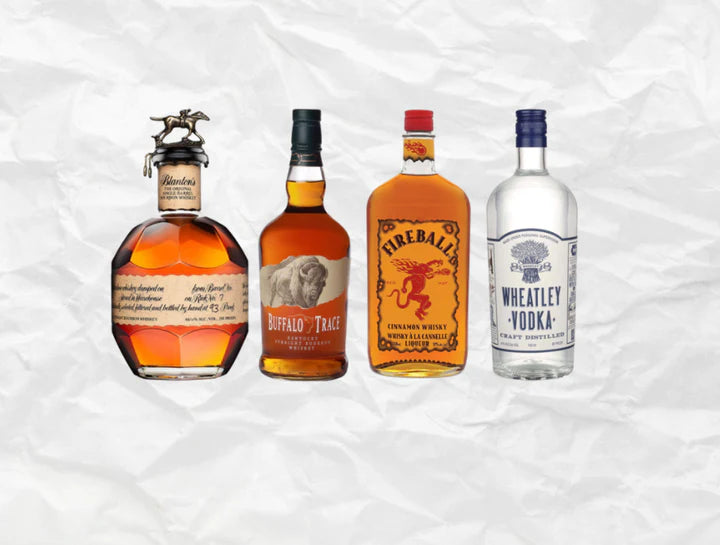Menu
Your cart is empty
Looks like you haven't added anything to your cart yet
Description
Colonel E.H. Taylor, Jr. Barrel Proof Bourbon Whiskey Batch 11 (129 Proof)
Crafted from hand-selected barrels, this bourbon is bottled directly from the barrel; uncut and unfiltered at more than 125 proof. It reflects the way whiskey was produced in the days before Prohibition, when Edmund Haynes Taylor, Jr. was the owner of Buffalo Trace Distillery. Drawn from barrels aged in warehouses constructed over a century ago under Taylor's watchful eye, the taste is smooth, yet powerful and uncompromising, just like its namesake.
This Kentucky bourbon features an aroma of cooked berries meets the nose, followed by a rich caramel and slightly floral smell. The taste is bold and full of spice that fills the mouth with a distinct flavor of toasty vanilla, dried oak and pepper. The finish is long and satisfying with a powerful rye character and lingering hints of fruit.
E.H. Taylor, Jr. was a visionary in the whiskey world with a mind for distilling that was years ahead of its time. He founded a world class Distillery, made advancements to the industry, and fought for the purity and legitimacy of bourbon gaining him the title of the “Father of the Modern Bourbon Industry.”
Taylor is celebrated for the countless innovations he contributed to the bourbon industry in his time. His first involvement in the industry came as a banker, aiding in the organization and financing of several distilleries. Through his experience as a banker, Taylor became personally acquainted with several prominent whiskey makers. Taylor's 1869 purchase of a small Leestown distillery that he christened O.F.C. was his first foray into distilling, making an immediate mark on the industry by modernizing, expanding and upgrading the plant. Among his innovations were copper fermentation tanks, state-of-the-art grain equipment, column stills, modernized buildings, a more efficient sour mash technique and a first-of-its-kind steam heating system still used in the barrel warehouses today.
Recommended for You
- Choosing a selection results in a full page refresh.



